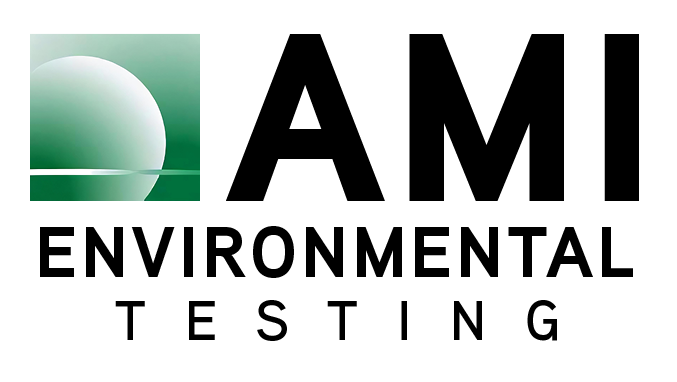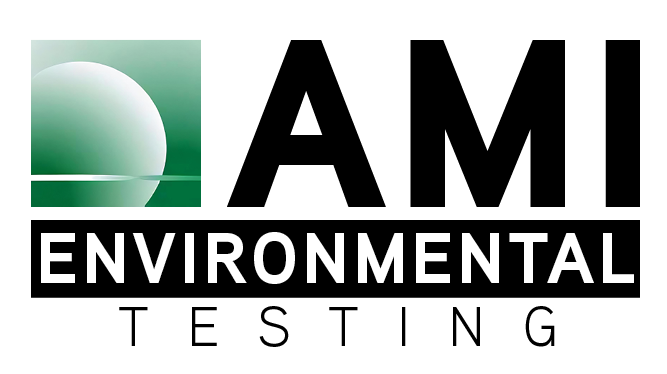In recent studies, dust in urban environments has been found to be contaminated with heavy polycyclic aromatic hydrocarbons (PAHs) in industrial and heavily trafficked areas. PAHs are hazardous, carcinogenic compounds that can originate from vehicle emissions and industrial processes. Remediating heavy PAHs is crucial to protect public health, as exposure to these toxic compounds can lead to serious health issues, including cancer.
To tackle this issue, environmental consultants typically begin with a comprehensive site assessment to identify the extent of contamination. They employ various sampling techniques to analyze dust samples for PAH levels, which helps in identifying the specific pollutants involved.
Once the assessment is complete, consultants can develop a tailored remediation plan that may include:
- Dust Control Measures: Implementing practices such as regular street cleaning, water spraying, and the use of dust suppressants to reduce airborne particles.
- Source Identification and Management: Working with industries and local authorities to identify and mitigate primary sources of PAH emissions, thereby reducing future contamination.
- Soil Remediation Techniques: Utilizing methods like bioremediation or excavation and disposal of contaminated soil to eliminate PAHs from the environment.
- Community Engagement and Education: Informing local communities about the risks associated with PAHs and promoting practices that reduce exposure, such as minimizing outdoor activities during high dust periods.
Contact AMI Environmental Testing for more information.



